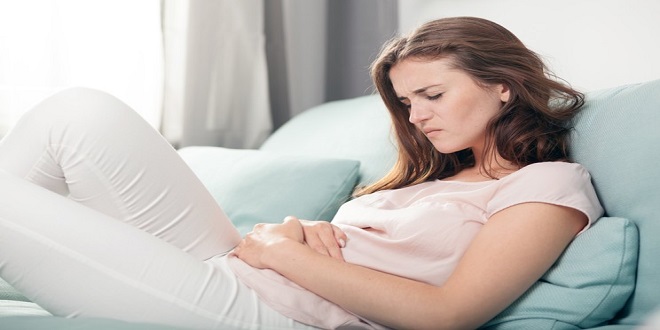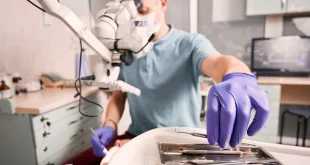During every menstrual cycle, you may experience certain signs or symptoms that indicate your period’s arrival. These period symptoms are known as Premenstrual Syndrome (PMS) and usually show up five days to two weeks before your period.
PMS is a condition that affects more than 90% of menstruating women. Most women with PMS experience moderate period symptoms. However, they can get severe enough to interfere with daily activities.
Period symptoms differ from person to person. And as much as you hate the symptoms, they can help you understand your body’s health.
Let’s take a closer look at some common, disliked pre-period symptoms.
- Menstrual Cramps
Menstrual cramps, a common PMS symptom, are also known as primary dysmenorrhea. This period issue is usually felt in the lower abdomen but could also spread to your upper thighs and lower back.
If the egg is not fertilised with sperm, the uterus produces fatty-acid hormones called prostaglandins, which cause the muscle of the uterus lining to contract and shed, leaving the body as blood. This process causes menstrual cramps.
Menstrual cramps can be felt days before or after your period’s arrival. The cramps’ intensity might vary from dull, moderate aches to excruciating agony that prevents you from engaging in regular activities. Some women have the most severe cramps & swelling during heavy menstrual flow.
2. Sore Breasts
This period symptom could be minimal for some women while others face severe discomfort due to excessively heavy or lumpy breasts.
Your breasts’ mammary glands grow and swell during ovulation due to increased hormone levels, which makes your breast swollen and painful.
3. Breakouts
Breakouts associated with menstruation are common period symptoms. They frequently appear on the face, back, or other body parts.
These breakouts are caused by hormonal changes associated with the female reproductive cycle. Your body produces sebum in response to these hormones, which causes your skin to become too oily and break out frequently when you’re menstruating.
4. Fatigue
As the time of your periods comes close, your body switches from preparing to support a pregnancy to preparing to menstruate, which lowers the level of body hormones and might cause frequent weariness. Some women are known to become exhausted due to mood fluctuations. Also, some women often have trouble falling asleep due to the intense period symptoms and may feel exhausted.
5. Sleeping Problems
Cramps, headaches, and mood swings—all PMS symptoms—can disrupt sleep. While on your period, your body temperature rises slightly, making it more difficult to get enough rest.
Your body temperature rises by about half a degree after ovulation and remains elevated until the beginning of your period. Although it may not appear to be much, colder body temperatures are associated with more sleep, and half-degree may limit your ability to relax peacefully.
6. Bowel Issues
Your bathroom routine may change before and during your period because your bowels are sensitive to hormone changes. These period issues occur due to prostaglandins, which cause uterine contractions.
You might also experience:
- Diarrhoea
- Bloating
- Nausea
- Gassiness
- Constipation
7. Mood Swings
Hormone fluctuations may be to blame if you experience mood swings, anxiety, depression, or irritability more often.
Increased levels of the reproductive hormone oestrogen can impact the brain’s ability to produce feel-good endorphins, reducing feelings of well-being.
Progesterone, another reproductive hormone, has a soothing effect on the body. Low progesterone during menstruation causes irritation and depression.
8. Lower Back Pain
The uterus and abdomen contractions brought on by prostaglandins may also result in lower back muscle contraction.
Some women experience severe lower back pain during their periods, while others experience only mild discomfort.
9. Headache
Since hormones are responsible body’s pain response, fluctuating hormone levels could also cause headaches and migraines.
Oestrogen increases the brain’s neurotransmitter serotonin levels during menstruation. The presence of more of this substance can result in headaches or migraines.
It’s typical to suffer PMS symptoms in the days before your period. Period symptoms might be taxing and intolerable, but they also alert you to prepare for the period’s arrival.
Therefore, as soon as period symptoms appear, start carrying sanitary pads or period-proof underwear, hand sanitiser and disposable wipes with you.
 Isaiminia World Breaking News & Top Stories
Isaiminia World Breaking News & Top Stories




